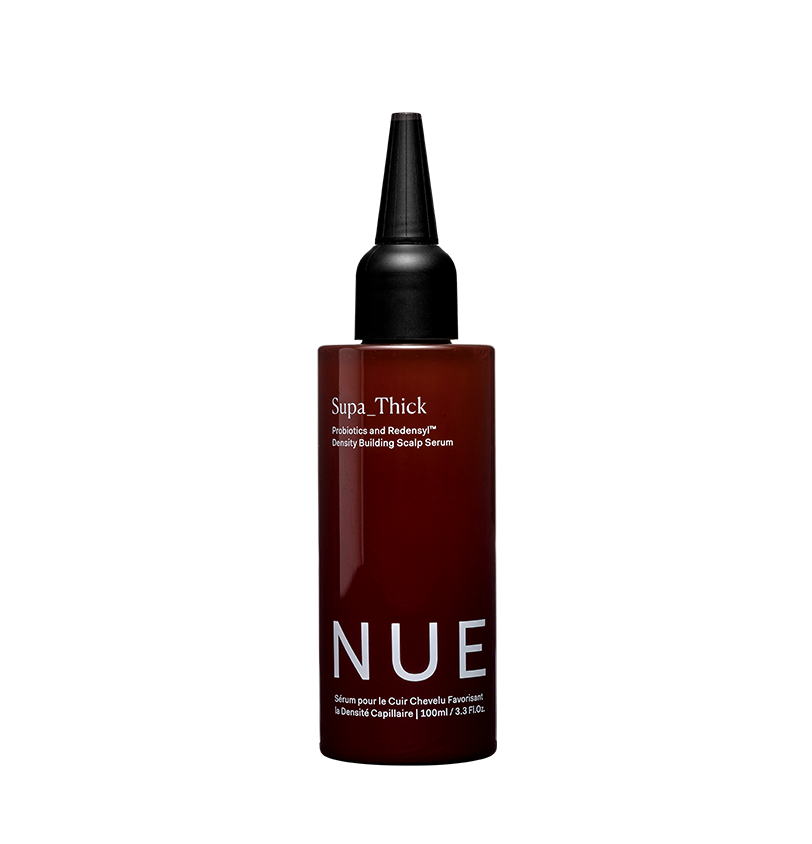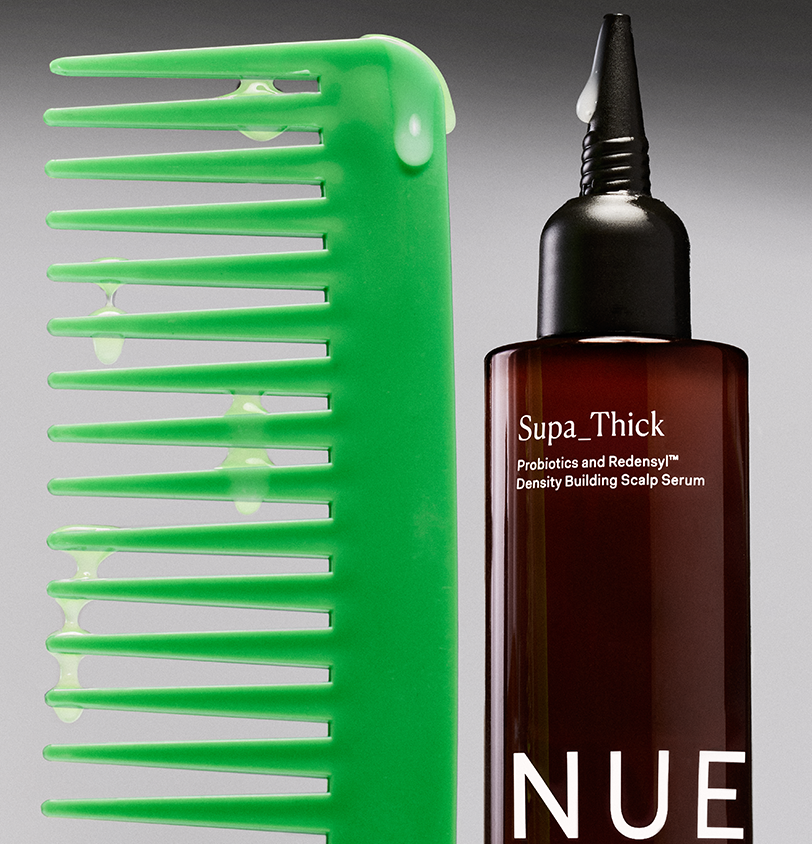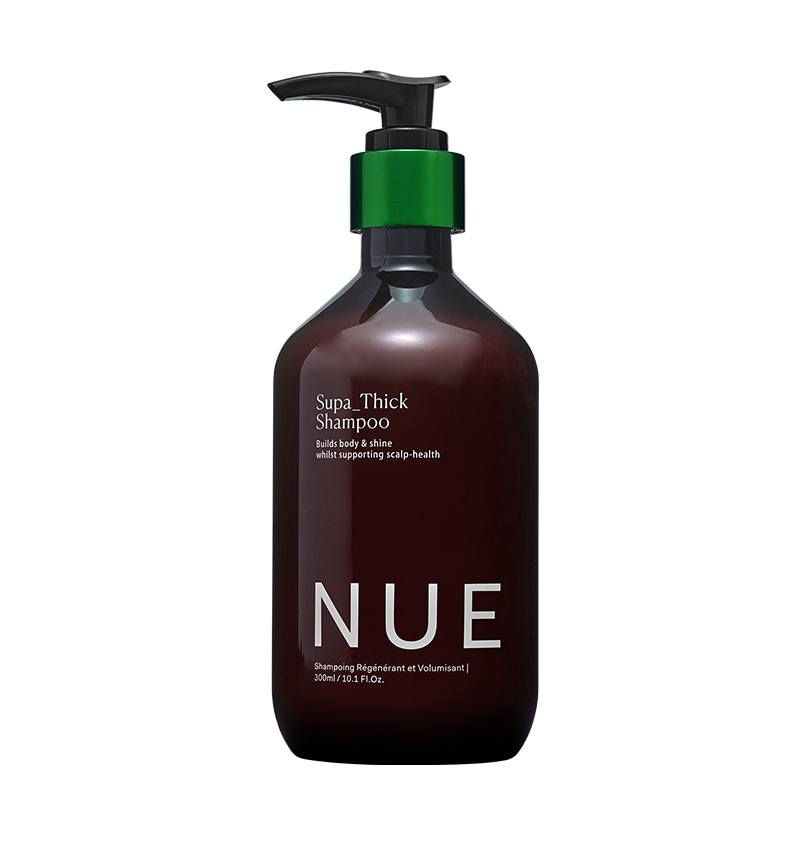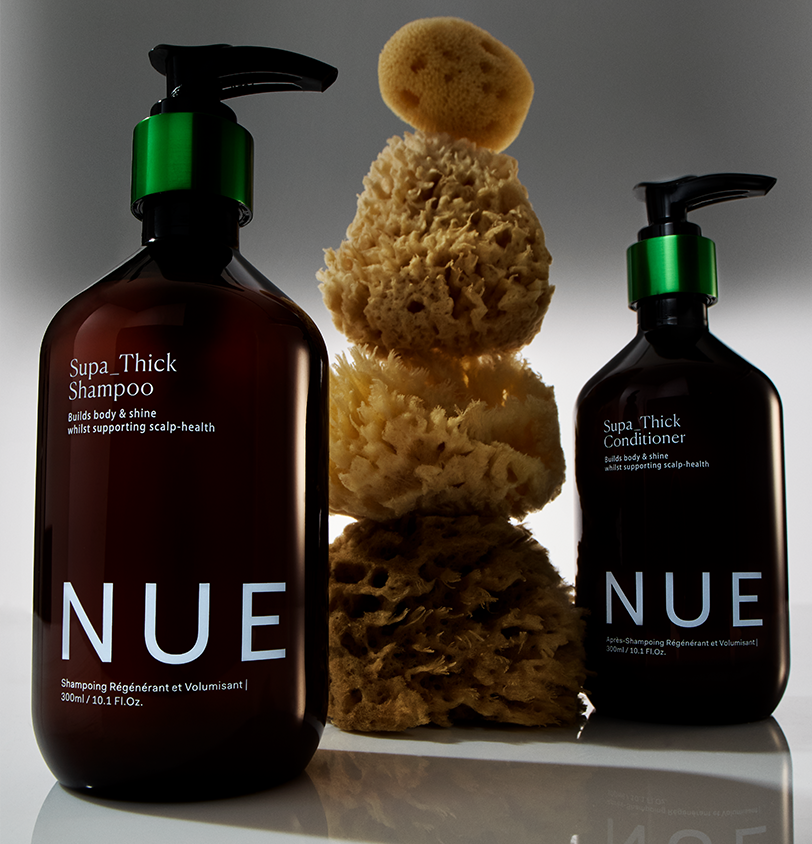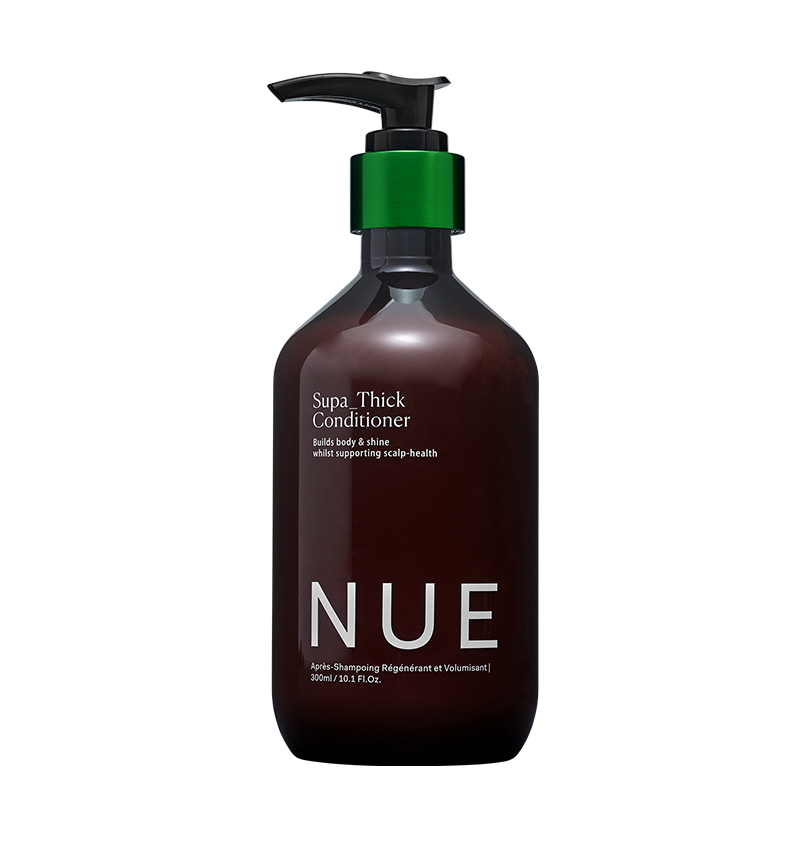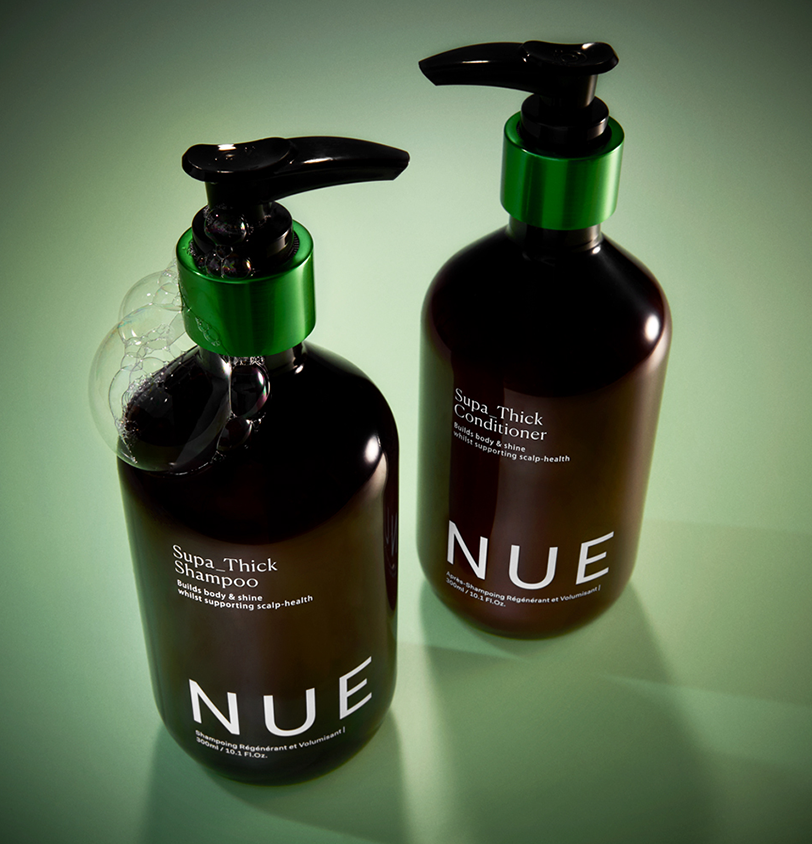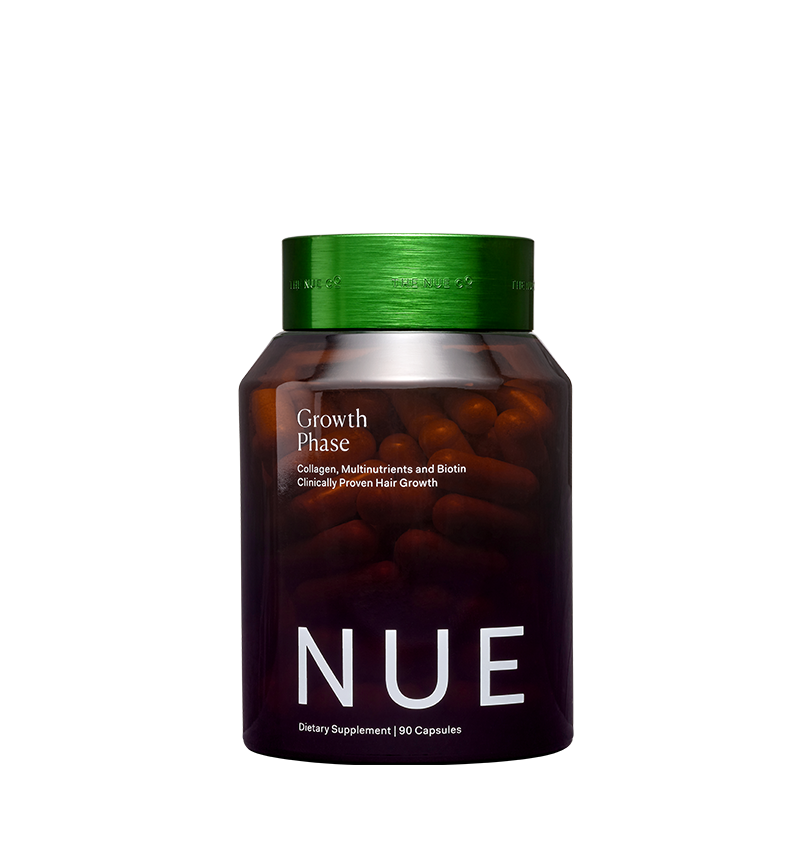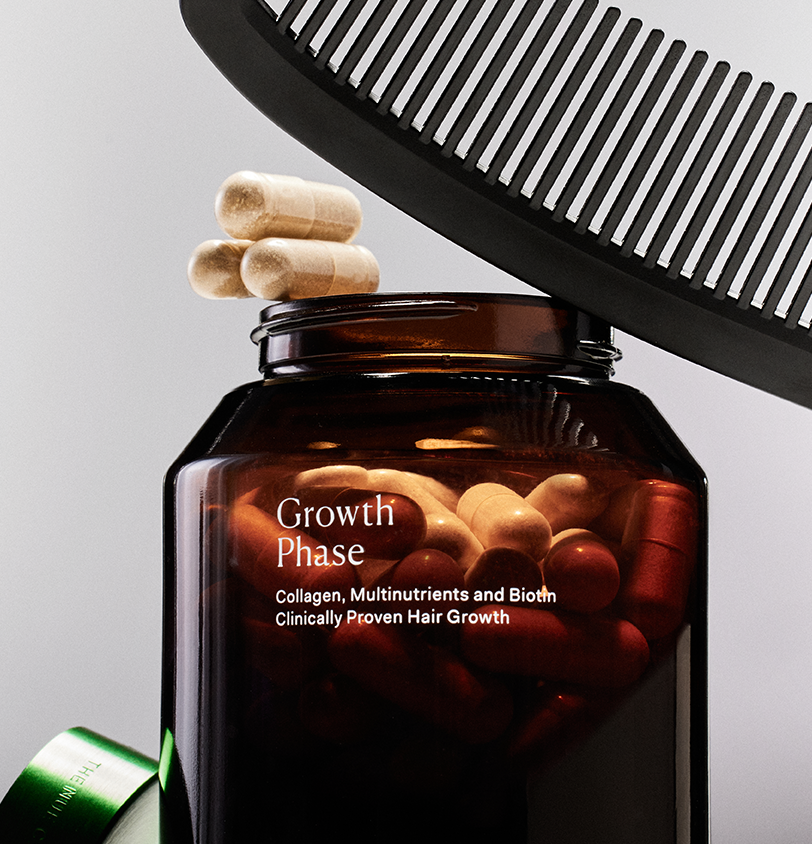Can Rosemary Oil Rival Minoxidil for Hair Growth?
Answers, revealed.
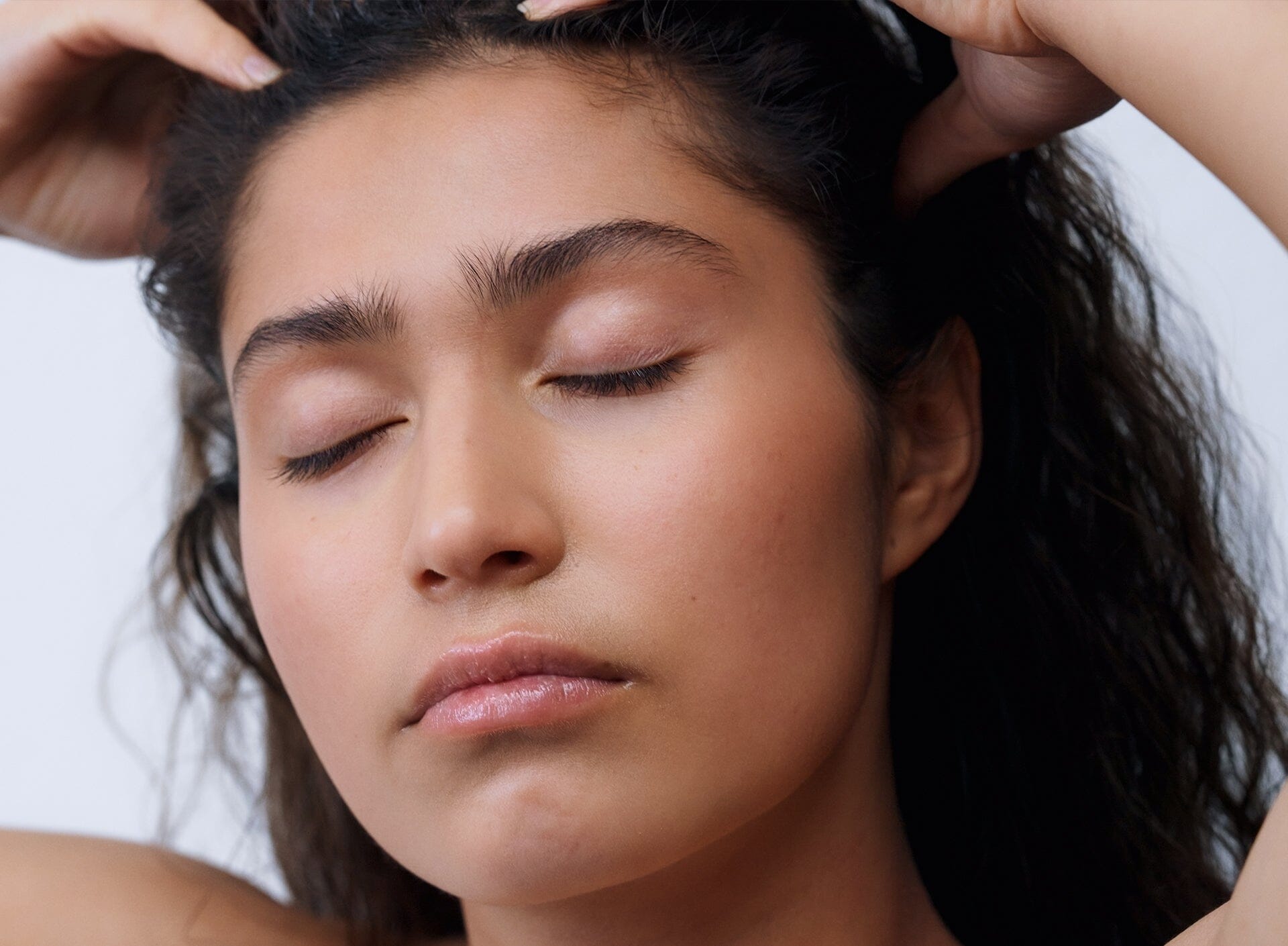
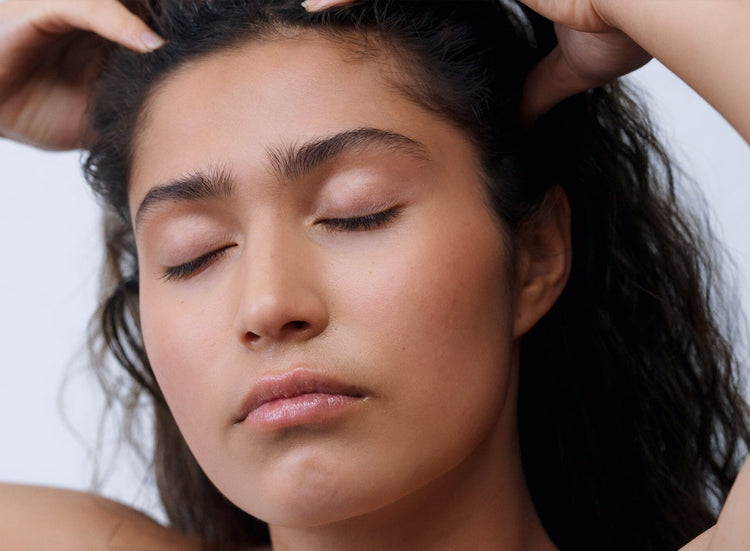
Fragrant, flavoursome and… follicle-strengthening? Rosemary oil is currently doing the rounds on TikTok, with videos touting this humble herb as a new and unexpected natural remedy for hair growth.
The hashtag #rosemaryhairoil has quickly gained 38.1 million views, with videos across the platform showing seen-to-be-believed hair growth transformations. We see time-lapses of postpartum hair thinning become thick, full and voluminous, the complete reversal of male pattern baldness, and people with alopecia sharing new baby hairs and root regrowth. All happening before our eyes. All accompanied by first-hand reviews. All from massaging rosemary oil into the scalp?
So we want to know: can a natural oil really rival a medically-licensed formula when it comes to hair growth? One backed by science and clinical trials, not just influencers and reviewers? Or is this another TikTok health trend that’s too good to be true?
Let’s look at the facts.
Rosemary Oil for Hair Growth
This herbaceous oil has long been used in wellness practices and aromatherapy massage for their circulation boosting properties. When used directly on the scalp, they are able to stimulate blood flow to hair follicles, essential for carrying oxygen and nutrients needed for healthy hair growth. Without these nutrients, the hair follicle will die and eventually fall out. It’s why nutritional deficiencies are a leading cause of hair loss: our follicles need to be fed.
What Else Can It Do?
Both rosemary oil is anti-inflammatory, antifungal and antimicrobial, known to support scalp health. All oils can leave hair feeling silky and moisturised, because they help to glide over split ends, so hair feels smooth and nourished after use. But rosemary oil is better at supporting hair at the root, follicle and scalp - the key to hair health - than individual strands (which mainly consist of dead protein).
Better than Minoxidil?
Minoxidil is a well-known medical treatment targeting hereditary hair loss, including male and female pattern baldness. Applied topically to the scalp to help stimulate hair growth, it works by stimulating blood flow to hair follicles and encouraging the hair cycle to move from resting (catagen) phase into growth (anagen) phase. It’s effective and widely used to support against hair loss and thinning. However, if used excessively it can have detrimental side effects.
A study from 2015 pitted rosemary essential oil against minoxidil to test which one was more effective for improving hair growth. Both formulas were tested on people with androgenetic alopecia (male or female pattern baldness) over a period of 6 months. The results proved TikTok could be onto something: rosemary oil was just as effective as minoxidil, sharing similar results to improve hair growth and density after 6 months. Researchers also found that rosemary oil was better for keeping the scalp comfortable, with those using the oil having less itchy or irritated scalps than those using minoxidil.
Scalp-First Support
Another study suggests carnosic acid, an active ingredient in rosemary, has the power to heal tissue and nerve damage. This extra property may be the reason this oil is so effective for supporting scalp health, by healing nerves in the scalp to restore the hair growth cycle again.
Alongside rosemary oil’s circulation-boosting properties, it’s also anti-inflammatory, antifungal and antimicrobial. It deeply cleanses the scalp, removing product build-up and dead skin cells blocking follicles, soothes redness and irritation and balances the scalp microbiome. Another factor in keeping the hair cycle active, the healthy bacteria, microbes and fungi living on the scalp can help protect against potentially damaging pathogens, shielding follicles from the bad bacteria getting in.
The Full Routine
If you’re ready to try these hair-loving oils in your routine, you can find both rosemary and peppermint oil in SUPA_THICK. Our bestselling scalp serum, formulated with probiotics to do all of the above while replenishing the scalp microbiome.
1. Apply to dry hair in sections, massaging in for full coverage. Leave for 20 minutes to let the silky serum sink in. For an extra circulation boost, use a scalp massage tool in circular motions. Use 2-3 times a week.
2. Jump in the shower and rinse out SUPA_THICK. Then, massage in SUPA_THICK SHAMPOO. It’s a sulphate-free formula, so it doesn’t lather straight away. Emulsify with a little water and massage with fingertips to build a creamy foam. Leave to soak for a few minutes if you have time, to really cleanse the scalp, then rinse thoroughly.
3. Squeeze out excess water, then apply SUPA_THICK CONDITIONER from ends to mid-lengths, working from the bottom of hair upwards. Leave for a few minutes to let the product penetrate each hair strand. Rinse until the water runs clear to avoid build-up.
4. Take x3 capsules of GROWTH PHASE as part of your normal hair routine. It covers all bases for a healthy hair cycle from the inside out, filling in nutrient deficiencies, calming stress, balancing hormones and boosting collagen production (essential for strong hair and follicles).
Asking yourself “Why won’t my hair grow?” Discover science-backed solutions for slow-growing strands.
